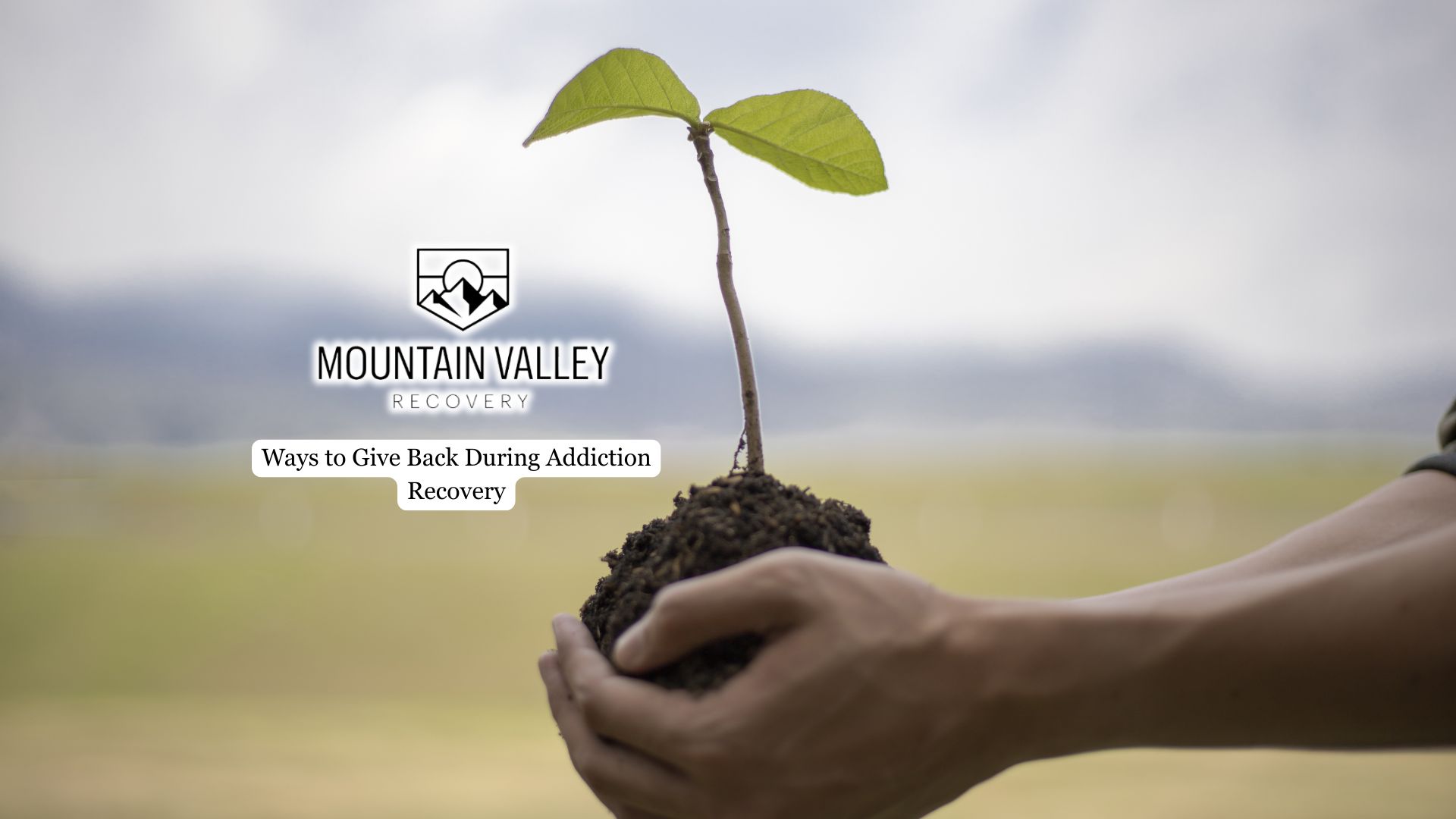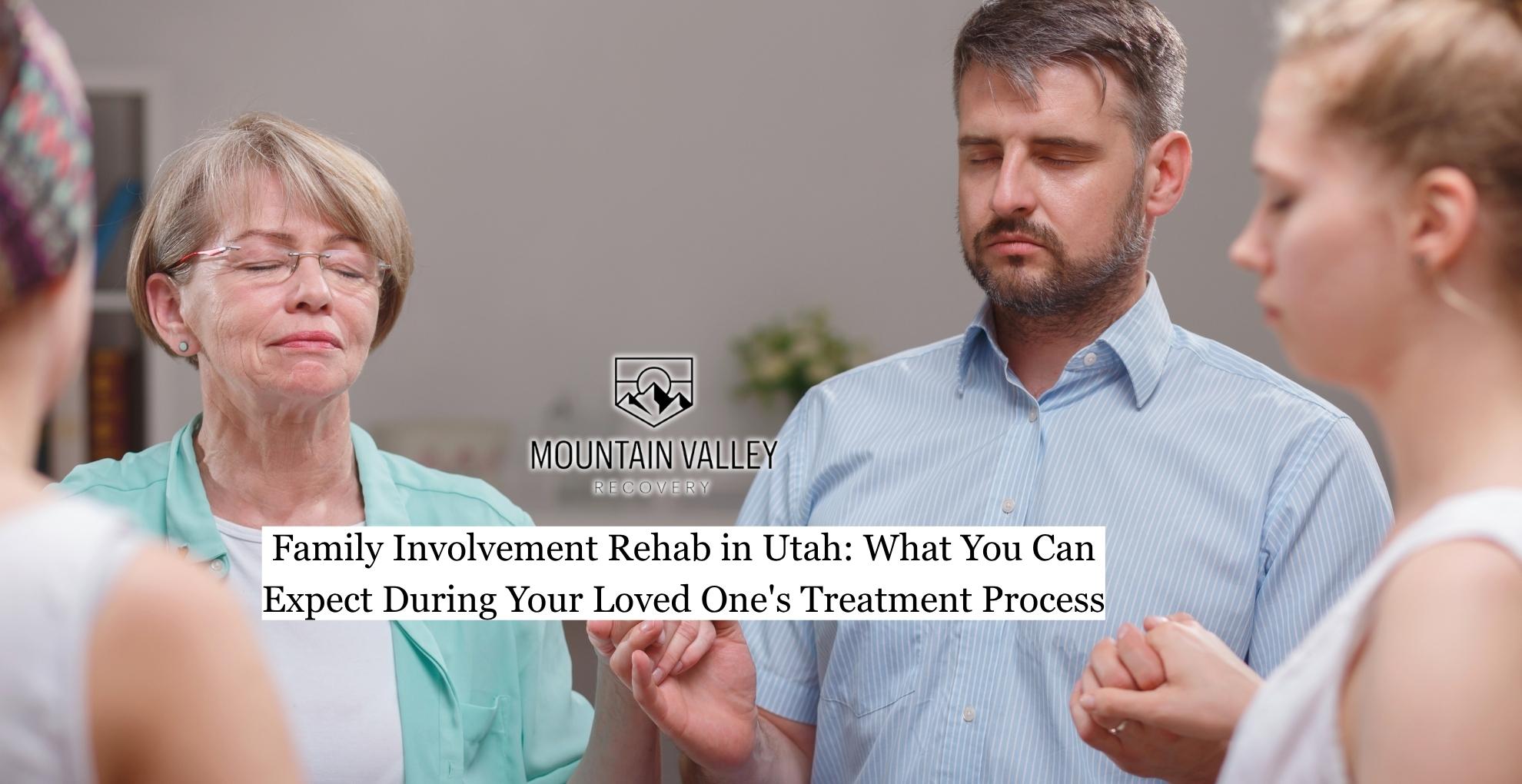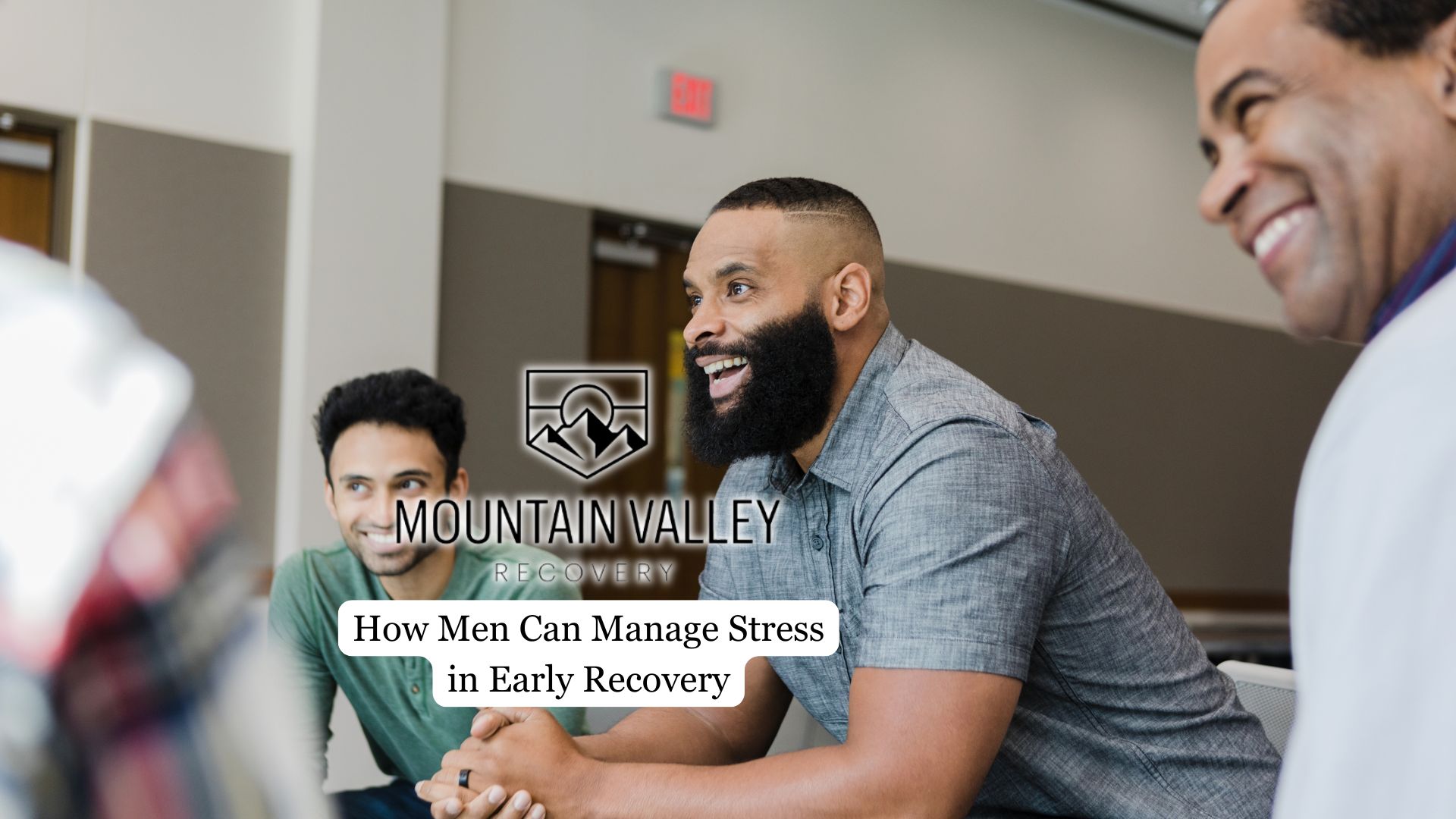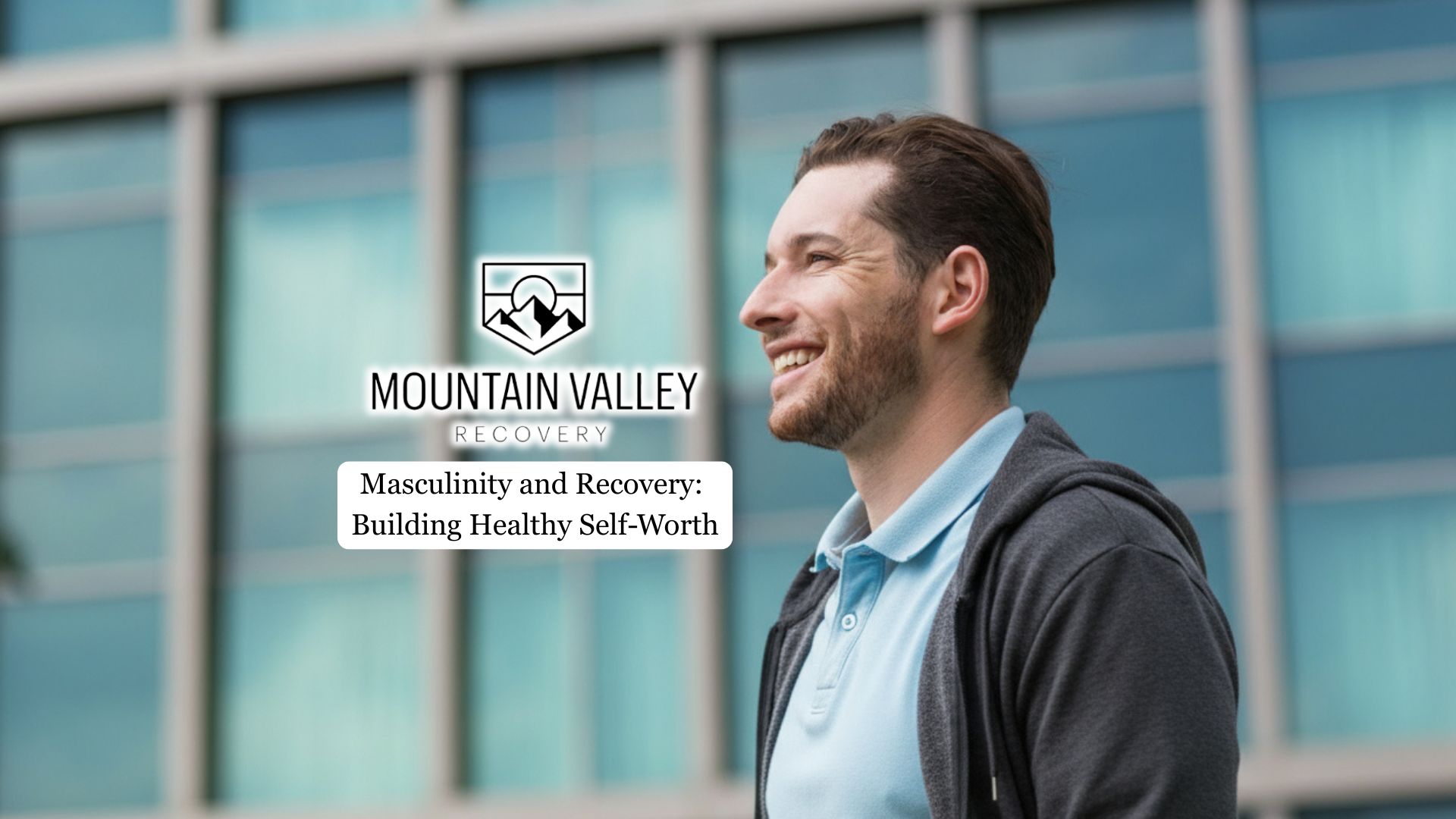Giving back is a meaningful part of addiction recovery. Beyond building personal growth and stability, contributing to others creates a sense of purpose, connection, and responsibility. Engaging in service can strengthen resilience and reduce the risk of relapse.
This article explores practical and impactful ways to give back during recovery, offering clear steps that align with rebuilding a healthier life.
Volunteering Within the Community
Engaging in volunteer activities is a powerful way to give back. Many inpatient rehab facilities and local organizations welcome people in recovery to share their time and experiences. Opportunities include helping at food banks, shelters, or recovery-related events.
Volunteering builds accountability, fosters empathy, and provides a sense of accomplishment. These experiences also cultivate empathy and remind those in recovery of the positive role they can play in society. Over time, continued volunteer service can also help individuals rebuild trust and respect in the wider community.
Sharing Personal Experience Through Mentorship
Mentorship is another meaningful avenue for giving back. By guiding others who are at earlier stages of sobriety, individuals strengthen their own commitment to healing. This may involve becoming a peer sponsor in a support group or simply offering encouragement to someone newly sober.
Sharing personal stories reduces stigma, provides hope, and demonstrates that long-term healing is possible. It also creates a cycle of support where the mentor gains as much clarity and growth as the person they are helping. Serving as a mentor fosters accountability, strengthens resilience, and helps solidify healthy routines.
Supporting Peers in Daily Recovery
Building a network of mutual support is essential in recovery. Offering to attend group sessions with peers, checking in regularly, or listening without judgment are simple but powerful ways to give back. These actions create trust and accountability, showing others they are not alone in their journey.
Supporting peers in this way helps both sides feel connected and reinforces the community aspect of recovery. Over time, such acts of mutual care promote stability and reduce feelings of isolation that often trigger setbacks.
Using Skills to Benefit Others
Many individuals rediscover or develop new talents during treatment. These skills—whether in trades, creative arts, cooking, or leadership—can be shared to uplift others. Teaching a class, helping with a community project, or offering practical guidance allows those in recovery to use their strengths meaningfully.
Giving back through skill-sharing reinforces confidence and fosters growth beyond personal healing. This contribution also demonstrates how new coping skills can be used to build purpose-driven, sober lifestyles.
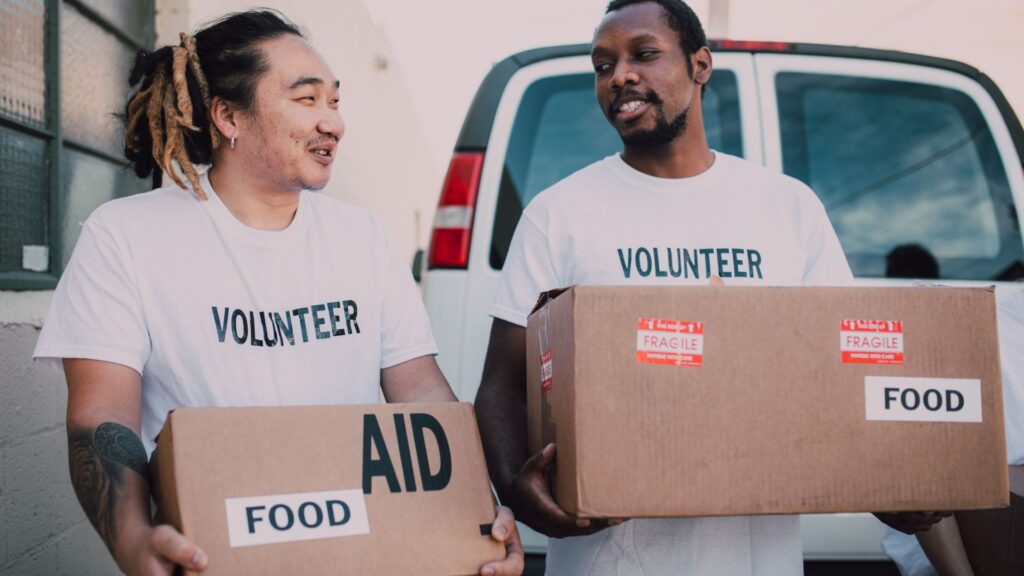
Strengthening Family Bonds
Addiction often strains relationships, making family healing an important part of giving back. Acts of service at home, showing gratitude, and taking part in family therapy sessions demonstrate commitment to change.
Supporting loved ones by being reliable and present helps rebuild trust. These actions not only benefit family members but also provide a strong support system for ongoing recovery. Re-establishing healthy roles within the family unit creates a foundation for long-term emotional stability.
Advocating for Awareness and Education
Advocacy is another way to give back on a larger scale. Speaking at schools, participating in awareness events, or joining local campaigns spreads understanding about addiction and recovery. By educating the public, individuals challenge stigma and promote compassion.
Turning personal experiences into advocacy transforms recovery into a tool for broader social impact. Additionally, engaging in advocacy often empowers individuals with a renewed sense of purpose, as they see how their voices can drive positive change in their communities.
Giving Back Through Alumni Programs
Alumni programs provide an ongoing way to give back after completing treatment. Staying connected with a recovery community by attending alumni events, speaking with new residents, or participating in outreach initiatives helps reinforce personal progress.
Alumni who share their experiences and support newcomers act as role models, showing that long-term sobriety is attainable. This consistent involvement not only helps others but also strengthens accountability and a lasting commitment to recovery. Involvement in alumni programs ensures that recovery remains active and engaging even after formal treatment ends.
Final Thoughts from Mountain Valley Recovery
Giving back during addiction recovery is more than an act of service—it is a way to reinforce personal growth, build self-esteem, and create meaningful connections. Whether through volunteering, mentoring, or simply showing up for loved ones, these contributions strengthen both the individual and the community.
At Mountain Valley Recovery, we understand the importance of purpose in long-term sobriety. Our men-only inpatient rehab program in Utah combines evidence-based care with real-life skill development to help men not only heal but also contribute positively to the world around them. By focusing on both recovery and responsibility, we prepare our clients for lasting change and a renewed sense of belonging.

